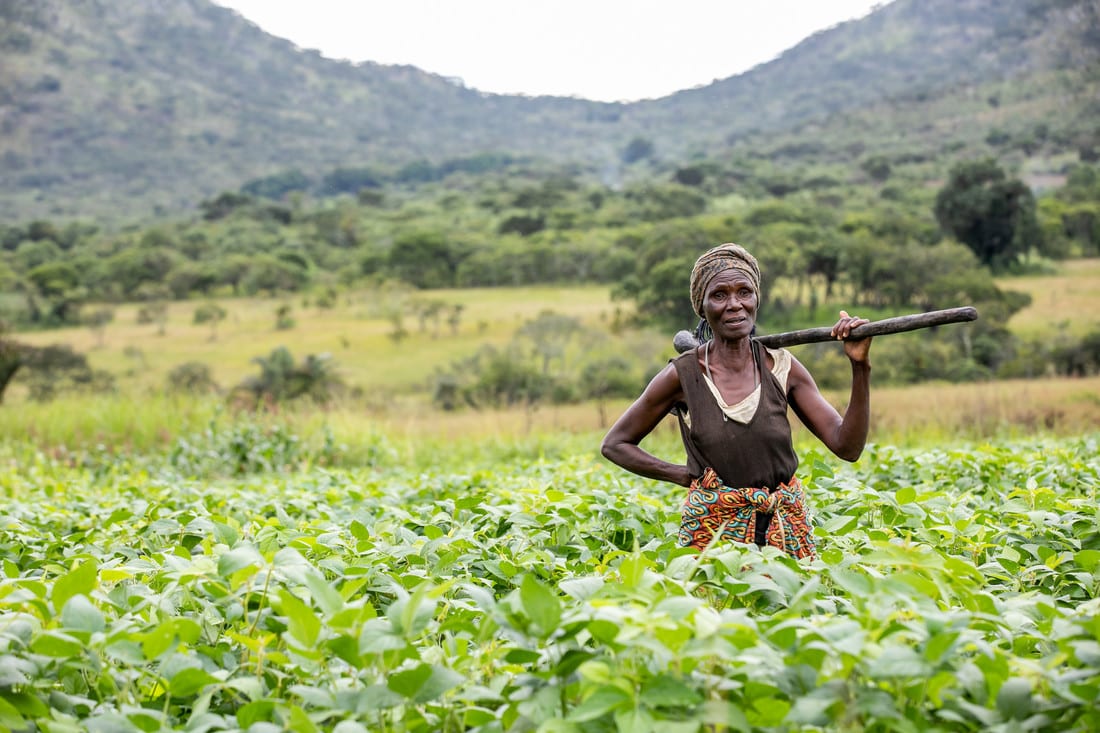Only one in five countries meaningfully integrates gender in latest climate plans, CARE Climate Justice Center finds
PRESS RELEASE
5 NOVEMBER 2025 – A new policy brief from CARE’s Climate Justice Center (CJC) shows that most of the latest Nationally Determined Contributions (NDC 3.0) fail to meaningfully integrate gender equality—despite mounting evidence that gender-responsive climate action delivers more equitable and longer lasting results.
The analysis reviewed 36 NDCs submitted between December 2024 and September 2025. While there has been progress since 2021, when CARE first assessed gender in NDCs, gender integration remains largely superficial and under-resourced.
Key findings
- 61% of NDCs reference gender, up from 45% in 2021.
- Only 19.4% demonstrate comprehensive gender integration, with concrete plans, budgets, and accountability mechanisms.
- 78% still lack the depth needed to translate gender commitments into real impact.
- Small Island Developing States (SIDS) lead with the strongest gender integration; major emitters lag significantly, with Canada the only developed country showing comprehensive integration.
- Gender-responsive budgeting remains rare, with just 16.7% allocating resources to gender-equitable climate action.
- Only 13.9% include sex-, age-, and disability-disaggregated data to track progress.
Countries with strong gender integration—such as Kenya, Nepal, Canada, the Maldives, and the Marshall Islands—also demonstrate higher climate ambition and stronger implementation plans. Evidence consistently shows that gender-responsive climate action improves effectiveness, justice, and resilience.
“Climate policy that ignores gender equality is not only unjust, it is ineffective. Women and girls are on the frontlines of climate change and are essential leaders in the solutions,” says Kerime van Opijnen, Gender and Climate Advisor at CARE Netherlands. “Yet most countries still treat gender as an add-on rather than a core pillar of climate action. At COP30, governments have a critical opportunity to correct course—by centring gender justice in climate plans, financing women-led initiatives, and ensuring accountability. Anything less will leave half the world behind and undermine our collective ability to confront the climate crisis.”
The report urges governments to shift from rhetorical commitments to fully embedding gender equality in climate policy and delivery. It calls for mandatory gender-responsive budgeting, meaningful participation and leadership of women, including a minimum 40% representation, and direct support for women-led and women’s rights organisations, especially in the Global South. Strengthened institutional mandates, better data, and clear accountability systems are essential to track progress and ensure results.
At the global level, a strengthened and fully funded Gender Action Plan under the UNFCCC remains critical, alongside increased technical assistance and simplified, direct-access finance for grassroots women’s groups. These steps would move gender integration from optional to standard practice, improving both equity and the effectiveness of climate action.
About the policy brief
Gender Integration in NDC 3.0: Progress, Gaps, and Path Forward is published by CARE’s Climate Justice Center ahead of COP30. It evaluates the quality of gender integration across governance, planning, and implementation in NDCs submitted as of September 16, 2025. It builds on CARE’s 2021 NDC Report Card and offers concrete actions for governments, UNFCCC bodies, and international partners.
Only one in five countries meaningfully integrates gender in latest climate plans, CARE Climate Justice Center finds
Copy of Full Press Release
Check out the Policy Brief below:
